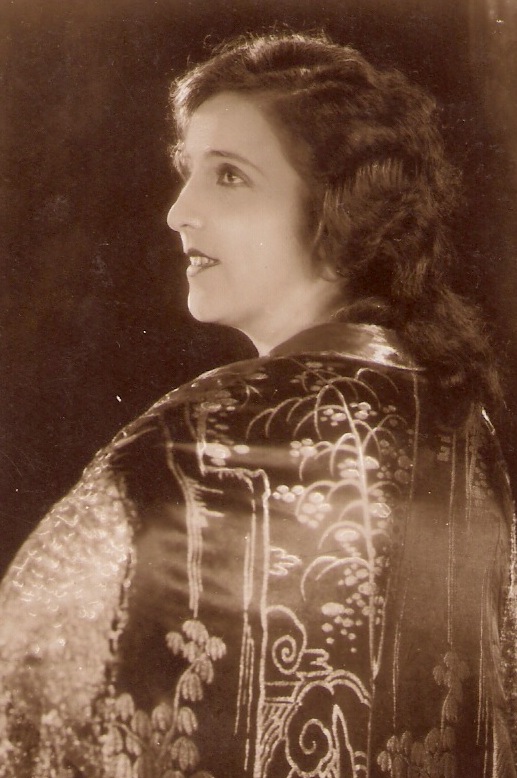Maria Jacobini (Maria Jacobini)

Actress. Regarded by many one of the great divas of the Italian silent cinema era. Born into a noble Roman family, she discovered at a young age her love for theater attending courses at the Academy of Dramatic Arts and following the lessons of Virginia Marini and Eduardo Boutet. Immediately after graduation she started her professional career acting in secondary roles in the theater company of Cesare Dondini, showing from the very beginning her natural dramatic talent. Mary was soon spotted by the art director of the Film d’Arte Italiana production company from whom she obtained the first job in silent films. Her first film was “Beatrice Cenci” (1910) but she got her first major role two years later with the film “Cesare Borgia”. It was the beginning of a great activity as film actress and Maria became one of the greatest female performers of the Italian cinema of the time. In 1912, she was hired by the production company “Savoia Film” in Turin, a film studio for which she starred in several films as a protagonist, many of which her leading co-star Dillo Lombardi. In the Piedmont city she met the film director and poet Nino Oxilia, who directed her in several films and with which became romantically involved. Later she worked for other production houses such as Pasquali Film, Celio Film and Tiber Film. In 1918, she filmed with the production house Itala Film another version of the film “Addio Giovinezza!” which had great success in theaters of the time. In 1920 Maria was hired as a first actress at the Fert Film, she continued to work for this company for several years and here she met film director Gennaro Righelli, who in 1925 became her husband. Her credits films in those years include masterpieces of silent cinema such as “Amore rosso” (1921), “Il viaggio” (1921) and “L’isola e il continente” (1922). With the production crisis of the Italian film industry after World War I, she moved with her partner to Germany in 1923. In Berlin, she also founded her own production company, “Maria Jacobini-Film GmbH”, which produced only one film entitled “La Bohème”. In German cinema she was able to get a public and critical success equal to that had at her homeland. Her most successful films include titles such as “Alla Deriva” (1923), “Oriente” (1924), “Una moglie e… due mariti” (1924), “Transatlantico” (1925), “L’avventuriera di Algeri” (1927) and “Villa Falconieri” (1928). In 1929, she played her last silent film of her career “Maman Colibri”. Maria returned to Italy early of the 30s and played her first sound film “Perche No?” starring with Livio Pavanelli and Oreste Bilancia directed by Amleto Palermi. Her last appearance was in the film “La donna della montagna” (1943), a year before her death at the age of fifty-two. (bio by: Ruggero) Family links: Spouse: Gennaro Righelli (1886 – 1949)* *Calculated relationship
Born
- February, 17, 1892
- Italy
Died
- November, 11, 1944
- Italy
Cemetery
- Cimitero Comunale Monumentale Campo Verano
- Lazio
- Italy

